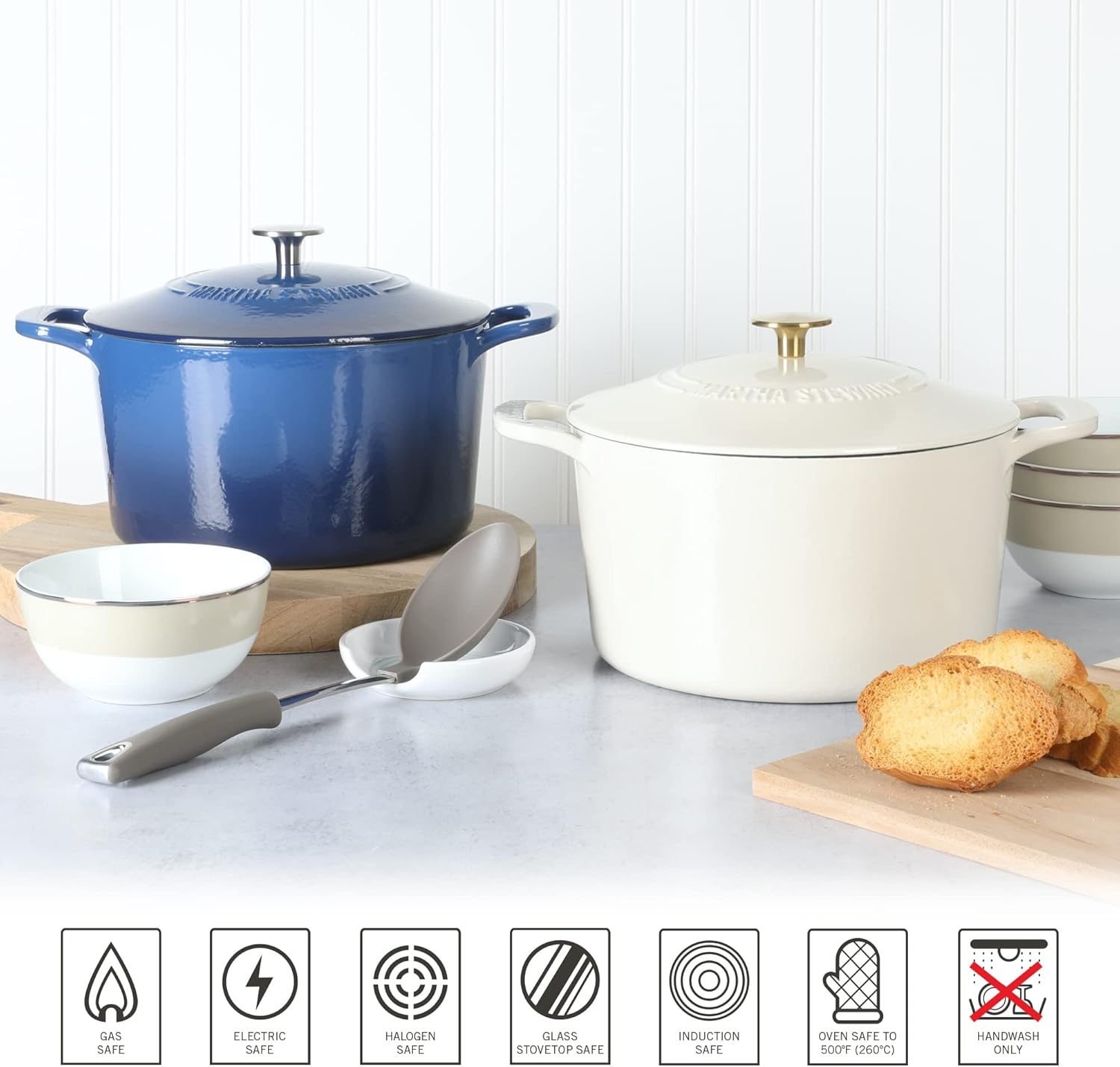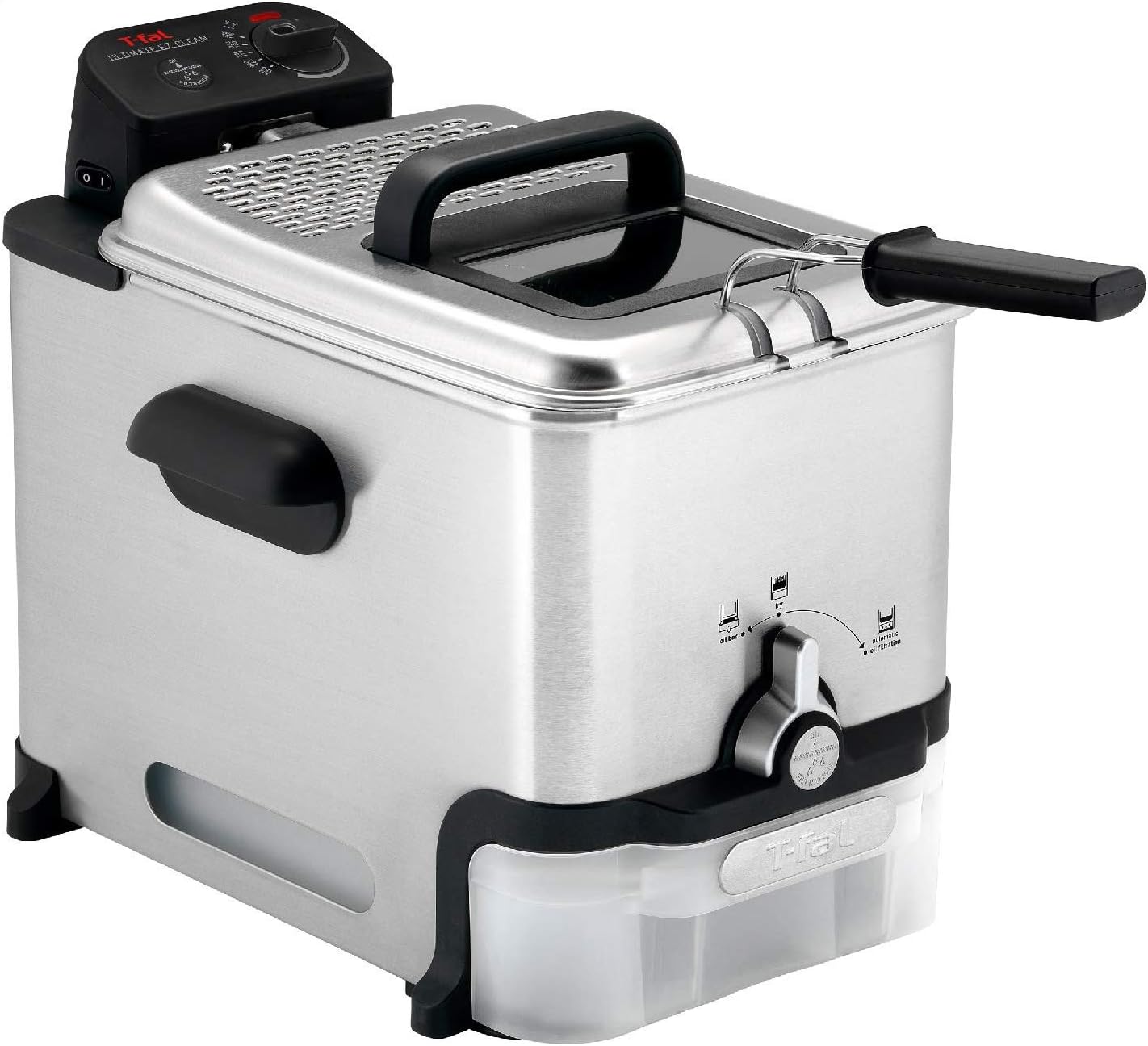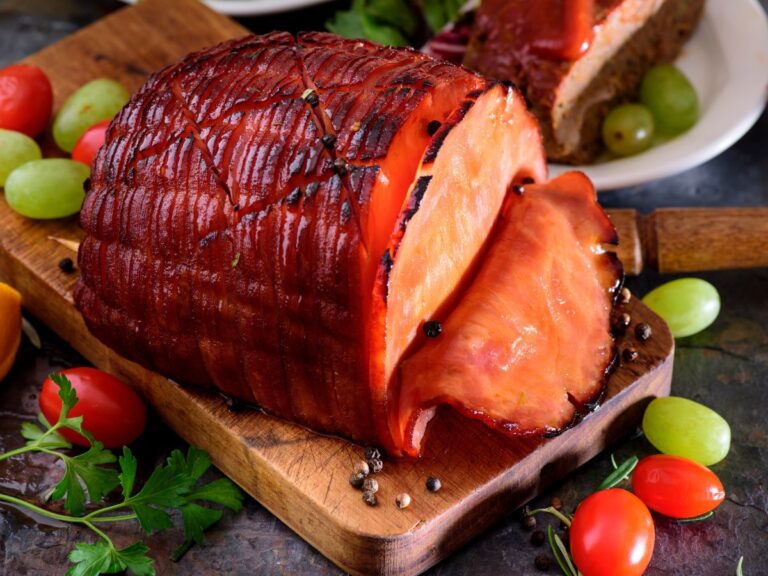Crispy, Juicy Fried Chicken by E Vision Homes
The bewitching aromas and sizzling sounds of a symphony waft through the kitchen, carrying me back to my grandmother’s farmhouse kitchen. Every crispy, golden bite of this—more a recipe than anything else—is a tribute to the Southern culinary tradition and tells a story of coziness, family, and unadulterated deliciousness.
How to this Recipe Works
- Delivers the ultimate crispy exterior and juicy interior.
- Uses a buttermilk marinade for maximum tenderness
- Creates restaurant-quality results in your home kitchen
- Approachable technique for the home cook at any level.
Key Ingredients and Techniques
- Bone-in, skin-on chicken pieces
- Buttermilk for tenderizing

- Seasoned flour blend with multiple spices

- Double-dredging method for extra crunch

- Perfect oil temperature for perfect frying

Ingredients
- 4 chicken thighs

- 4 chicken drumsticks

- 2 cups buttermilk

- 2 cups all-purpose flour

- 2 tablespoons paprika

- 1 tablespoon garlic powder
- 1 tablespoon onion powder
- 2 teaspoons salt
- 1 teaspoon black pepper
- Vegetable oil for frying
Marinating Magic
Actually, the key to truly amazing fried chicken begins long before the oil is ever put in the pan. Submerge your chicken pieces in buttermilk overnight, allowing each to become gloriously tender. This isn’t just a marinade; this is a transformation of humble chicken into something sublime.
Step-by-Step Guide
1. Marinate Overnight: Combine chicken and buttermilk in a sealed container; refrigerate for 8-12 hours
2. Create Seasoned Flour: Mix flour with all spices in a large, shallow dish
3. Dredge with Care:
- Remove chicken from buttermilk
- Coat thoroughly in seasoned flour
- Shake off excess
- Dip back into buttermilk
- Dredge again for extra crispiness
4.Fry to Golden Perfection:
- Heat oil to 350°F
- Carefully place chicken pieces in hot oil
- Cook 12-15 minutes, turning occasionally
- Ensure internal temperature reaches 165°F
Pro Tips for Fried Chicken Mastery
- Use a deep-fry thermometer to maintain consistent oil temperature
- Don’t overcrowd the pan—fry in batches
- Let chicken rest on a wire rack to maintain crispiness
- Serve immediately for maximum enjoyment
Storage Tips
- Refrigerate leftovers up to 3 days
- Reheat in oven at 375°F to restore crispiness
- Best enjoyed fresh, but still delicious when reheated
Crispy, Juicy Fried Chicken Like KFC
The Heart of the Dish

Fried chicken is more than a meal; it’s a celebration. Each crispy, golden piece carries with it generations of love, technique, and pure culinary joy. Whether you’re cooking for family, friends, or a treat for yourself, this recipe promises a moment of pure comfort.
What kind of pans can you use to make crispy, juicy fried chicken?
Cast iron is ideal for making fried chicken crispy and juicy because it distributes heat well and warms up the food slowly and evenly. A large, heavy-bottomed Dutch oven or deep fryer can also cook chicken well because it distributes heat well.
Heavy-bottomed Dutch oven
Deep fryer
Buy on Amazon
A balanced view of crispy, juicy fried chicken would look something like this:
The Good:
- Flavor Explosion: The combination of a perfectly seasoned, crispy crust and juicy, tender meat is irresistible. It offers a satisfying crunch with every bite.
- Versatility: Fried chicken can be enjoyed in various forms, from spicy to mild, with endless seasoning options, sauces, and accompaniments.
- Comfort Food: It’s a universally loved dish that brings people together at parties, picnics, and casual dinners.
- Affordable and Accessible: Available in countless restaurants and fast-food chains, it’s a convenient option to have for a quick meal.
The Bad:
- Unhealthy: High in calories, fat, and sodium, its excessive consumption can result in health problems such as obesity and heart disease.
- Preparation Time: Its preparation at home is time-consuming, messy, and tricky to get just right.
- Environmental Impact: Large-scale poultry farming for chicken production can have significant environmental consequences.
- Risk of Overindulgence: Its addictive taste might contribute to overconsumption and lead to unhealthy eating.








